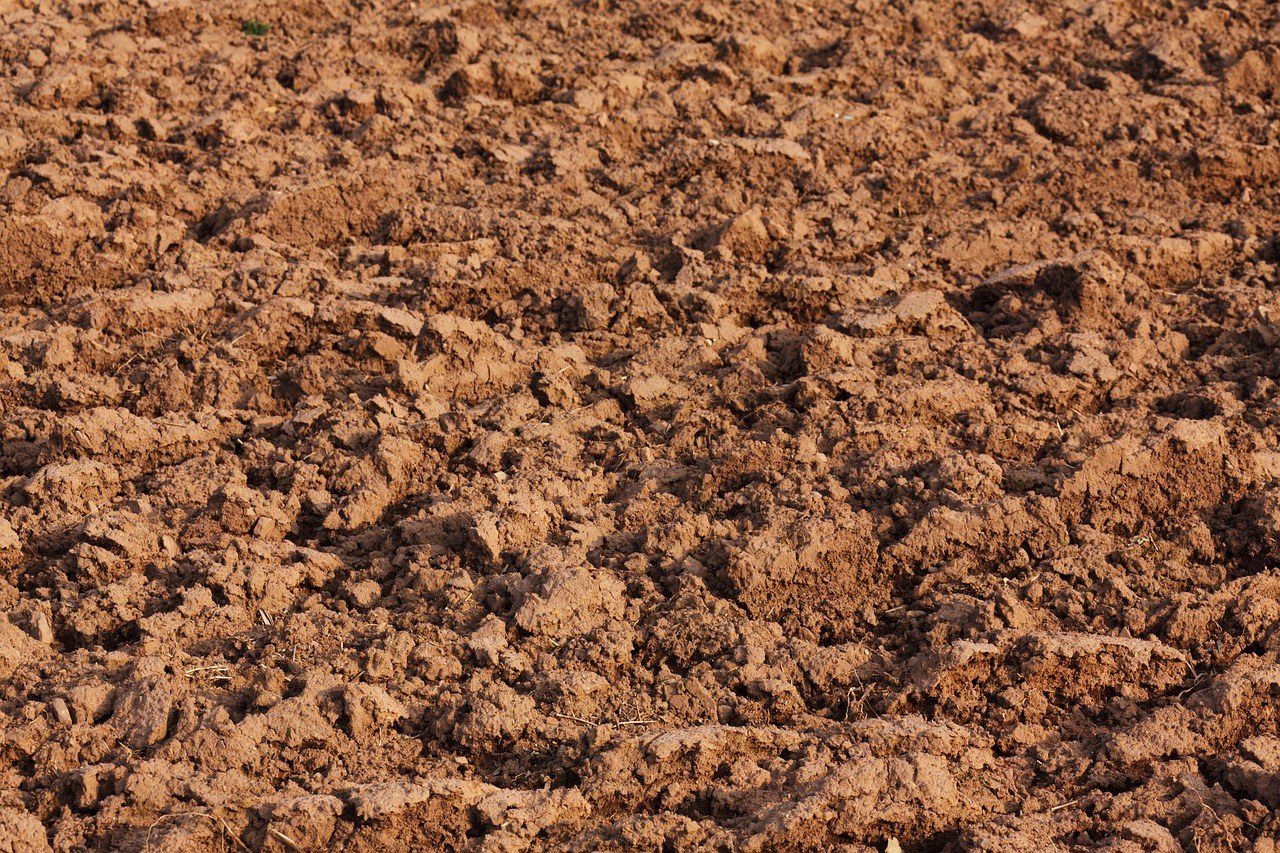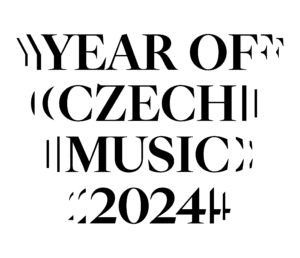fri05apr19:30fri20:30CAPPELLA MARIANA: SMOLKA19:30 - 20:30

Time
(Friday) 19:30 - 20:30
20% for 2 different concerts / 30% for 3 / 40% for 4 / 50% for 5 and more CONCERTS
Event Details
Cappella Mariana performs at the festival repeatedly, as it is one of the leading domestic ensembles specialising in the interpretation of medieval polyphony, Renaissance polyphony and vocal works of the
Event Details
Cappella Mariana performs at the festival repeatedly, as it is one of the leading domestic ensembles specialising in the interpretation of medieval polyphony, Renaissance polyphony and vocal works of the early Baroque.
Listeners can look forward to liturgical motets from the 15th and 16th centuries performed in Central Europe, as well as the world premiere of a multi-part vocal work by Martin Smolka, commissioned by the festival.
Alelluia. Laudate Dominum, choral
MARTIN SMOLKA Niedzielne rano I. (Sunday morning), commissioned by the festival, first performance
ANONYMUS Kyrie paschale à 3
HEINRICH ISAAC Haec dies à 4
MARTIN SMOLKA Niedzielne rano II.
MAGISTER PEROTINUS Alleluia Pascha nostrum immolatus, organum à 3
MARTIN SMOLKA Niedzielne rano III.
ANONYMUS Victimae paschali laudes à 3
PETRUS WILHELMI DE GRUDENCZ Veni, vere – Pneuma eucaristiarum – Paraclito tripudia – Dator eia graciarum, moteto à 4
JAN TROJAN TURNOVSKÝ Všemohúcí Stvořiteli, nebe země slavný králi from the Benešov Hymn Book à 5
MARTIN SMOLKA Niedzielne rano IV.
Cappella Mariana:
Barbora Kabátková soprano
Daniela Čermáková alto
Vojtěch Semerád, Tomáš Lajtkep tenor
Tomáš Šelc baritone
artistic director Vojtěch Semerád
Commissioned by the festival, the work by Martin Smolka frames the concert presented by Capella Mariana: its various sections emerge throughout the concert and together they constitute its outline, not unlike the mass with its various types of chant, unified by the Ordinary. In tonight’s programme, Smolka’s work is complemented by a rich mosaic of liturgical pieces, including the oldest Organum of the Notre-Dame period, associated with the name of the legendary Magister Perotinus and dating from the first half of the 13th century. Most other works on the programme come from the 15th century: the three-voice liturgical pieces from the Trent Codices, and the multi-text motet by Petrus Wilhelmi. His works are often preserved in Czech sources, so even though apparently he was neither born nor worked in Bohemia, we can include him in the notional pantheon of composers celebrated during the Year of Czech Music 2024. Perhaps the newest of the old works on the programme is the five-voice arrangement of a sacred song from the Benešov Hymn Book by Jan Trojan Turnovský (1530–c1606).
Niedzielne rano is a poem by Aniela Kupiec (1920–2019). Enchanted by Sunday morning – in a dialect somewhere between Polish and Czech, now it murmurs, now it glides smoothly; soft “e” sounds shine out, the perfume of pealing bells. Even a gentle comedy can be a prayer: old spruces, the rulers of the forest, stand to attention to honour Christ – “the Prince of Peace”, who is coming across the field. My task was to celebrate the joy of Easter through my work. Not Gethsemane, not the Passion, but the joy of the Resurrection.
THE CONCERT TAKES PLACE IN CHURCH OF SV. AUGUSTINA AT NÁMĚSTÍ MÍRU

